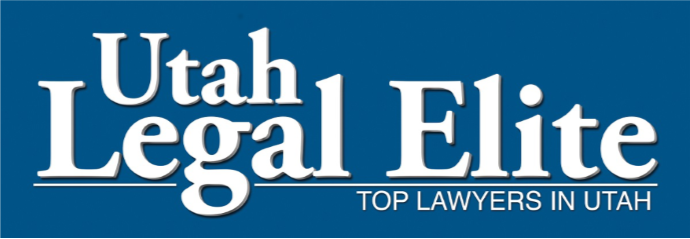



Richards Brandt has been serving clients throughout the state of Utah and the Intermountain West for more than 40 years.
We are highly regarded in each of our practice areas, and our attorneys are recognized both in Utah and nationally for our commitment to the representation of our clients’ interests.
RICHARDS BRANDT PRACTICE AREAS
- Banking and Finance Law
- Business Bankruptcy and Creditor Rights
- Business & Commercial Litigation
- Business & Corporate Governance
- Construction Industry Group
- Family Law
- Healthcare Law
- Immigration Law
- Labor & Employment
- Insurance Law
- Motions & Appeals
- Nonprofit & Religious Organizations
- Real Estate Transactions & Litigation
- Transportation & Commercial Vehicles
- Trusts and Estates
- Workers’ Compensation





Good News for Small Nonprofits…Easy 501(c)(3) Filing Under 1023EZ